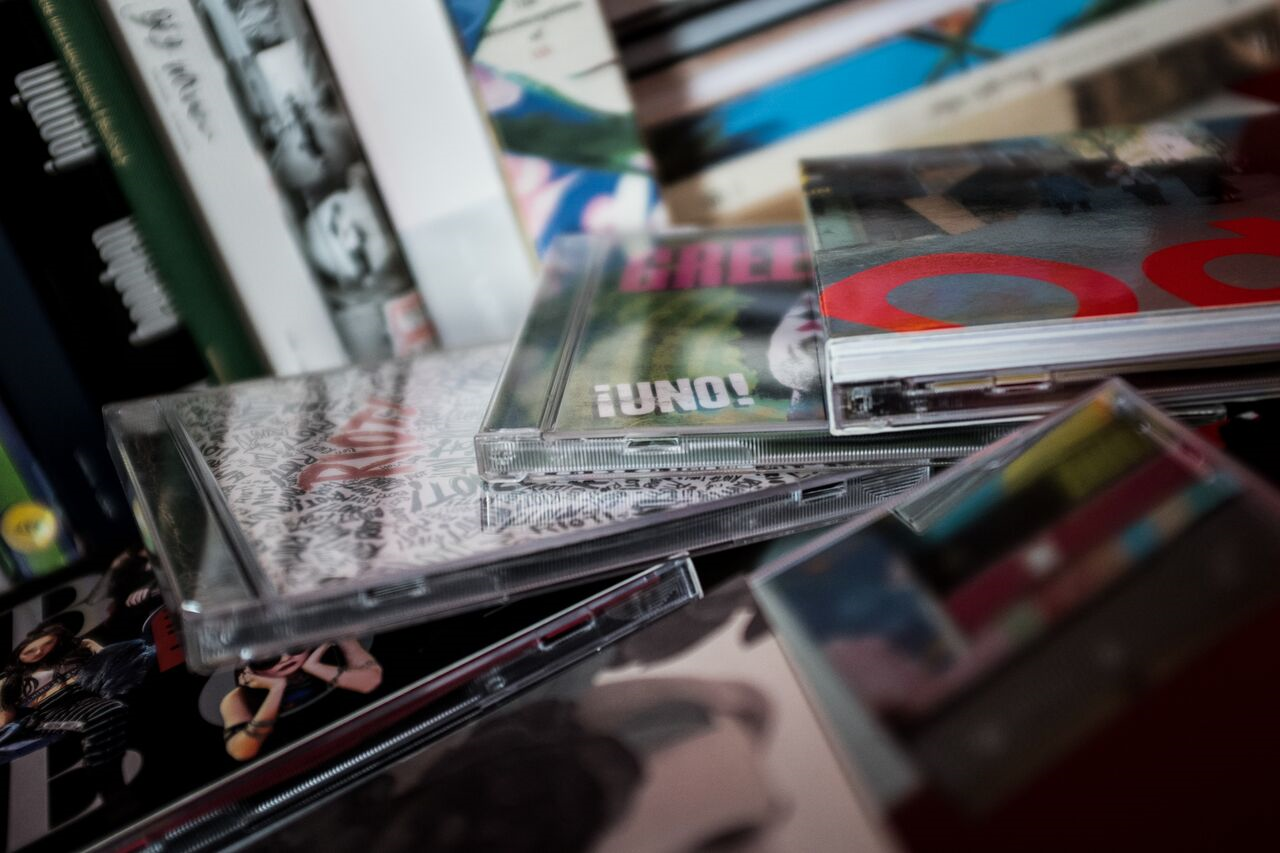The case against a genre that generalizes the planet
When someone talks to you about pop music, you have a certain idea of what that sounds like. The same goes for rock and its various subgenres: punk, metal, grunge. Likewise, if I say I like hip hop or R&B, you can somewhat tell what kind of sound I’m into. But what about world music? What does that evoke? Does it even mean anything at all?
The term “world music” is not only odd, but it is also sometimes used in a way that’s almost perversely Western-centric. When scouring Apple Music’s genres, for example, you’ll see pop, alternative, hip hop, rock, country, and jazz as some of the main genres. Then, at the bottom of the list, the “world” section sits, devoid of any indicator as to exactly what you’ll find inside.
Though surprising at first, there is such a concept as world music—and it is in total opposition to the “genre” found on various streaming apps, containing music from all over the world with no distinction of style. In North America, one of the first definitions for world music date back to the 1960s and was coined by ethnomusicologist Robert Brown.
As Brown founded the World Music Program at Wesleyan University in 1965, in Connecticut, his goal was to put Western music on the same proportional ground as other musical trends across the globe. The term “world music” actually referred to music from across the world, separated into traditions that pertained to certain geographical boundaries. Thus, the term was meant to be inclusive—not distinguishing Western music from other trends, but putting it on the same stand as everything else.
Brown’s definition of the term, however, did not catch on elsewhere in the United States. The 1970s brought the creation of more institutions with a focus on “world music.” Those institutions would use the term to define “non-Western” or “ethnic” musical trends—something that seemingly has remained until today, to a certain extent. The name became popular, to a point where we now have an entire Billboard chart (established in the 1990s) dedicated to this new marketed “genre.”
But now, in 2019, as you look down that chart, a couple things stand out. As of Jan. 12, the top 12 albums on Billboard’s Top World Albums Chart were released by South Korean K-Pop groups, who perform typically pop, hip hop, or EDM-influenced music. This time last year, Billboard’s top 10 featured K-Pop sensation BTS at the top (hip hop, South Korea), rival group EXO following right behind (R&B, South Korea), and a potluck of international artists: Trio Da Kali and Kronos Quartet (traditional griot, Mali), Celtic Thunder (Celtic folk, Ireland), Residente (hip hop, Puerto Rico). Seemingly, the only similarity between these artists is their non-Americanness, and possibly, the language in which they perform.
Streaming apps, such as Spotify and Apple Music, have already started making efforts—half-assed, but efforts nonetheless—in endowing their platforms with more inclusive labels. Spotify has no world-labelled genre subsection. Instead it has specific, geographically-based ones: Arab, Desi (India, Pakistan, Bangladesh), Afro (non-Arab, often Black artists from Africa), K-Pop and Latin. Apple Music follows a similar trend, with K-Pop and Latino genre labels, yet still provides a world section, with a patchwork selection of genres.
However, the issue with such geographical labels is that, while efficient and somewhat seemingly inclusive, they still make an odd distinction of the “other.” Does your streaming app offer a “Western” subgenre?
Yeah. That’s what I thought.
These geographical labels can be useful—especially if you’re curious about music in a certain language, or from a specific country—but shouldn’t constitute genres in and of themselves. While this could have been different a century ago, the truth is that artists from across the planet now perform in a wide range of styles, regardless of borders. Geographical distinctions can—even should—exist alongside musical distinctions.
Here’s an idea: bring the “world” artists in the “Western” genres. Get NCT 127 (urban hip hop, South Korea) to compete with other pop or hip hop artists. Bring Babylone (indie folk, Algeria) into the folk charts. Don’t keep Maritta Hallani’s latest album, Maritta (pop, Lebanon), to a style limited by the language she sings in. In fact, this isn’t a novel idea: Spanish singer Rosalía was featured in both Apple Music’s World and Pop genre sections with her album El mal querer, a brilliant flamenco record infused with R&B and pop influences. So, why not do the same for everyone?
Feature photo by Sarah Boumedda




